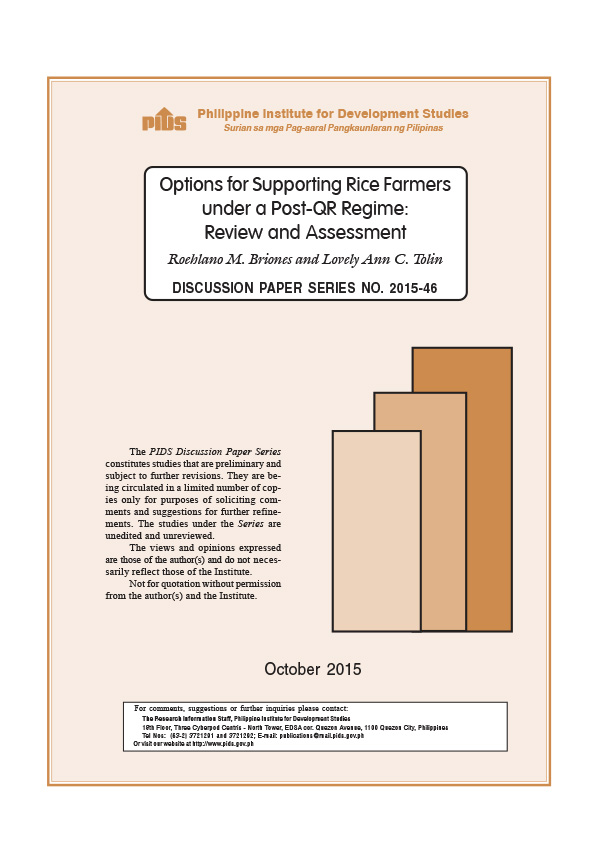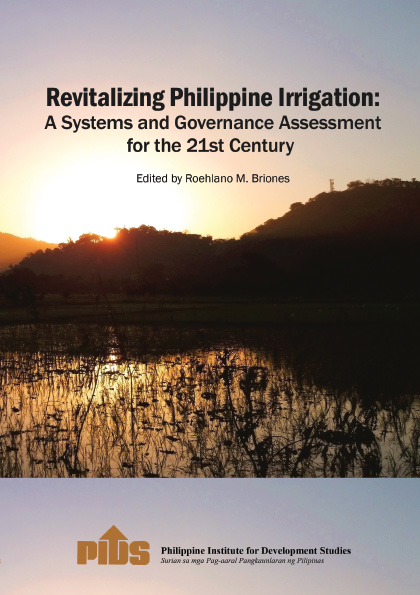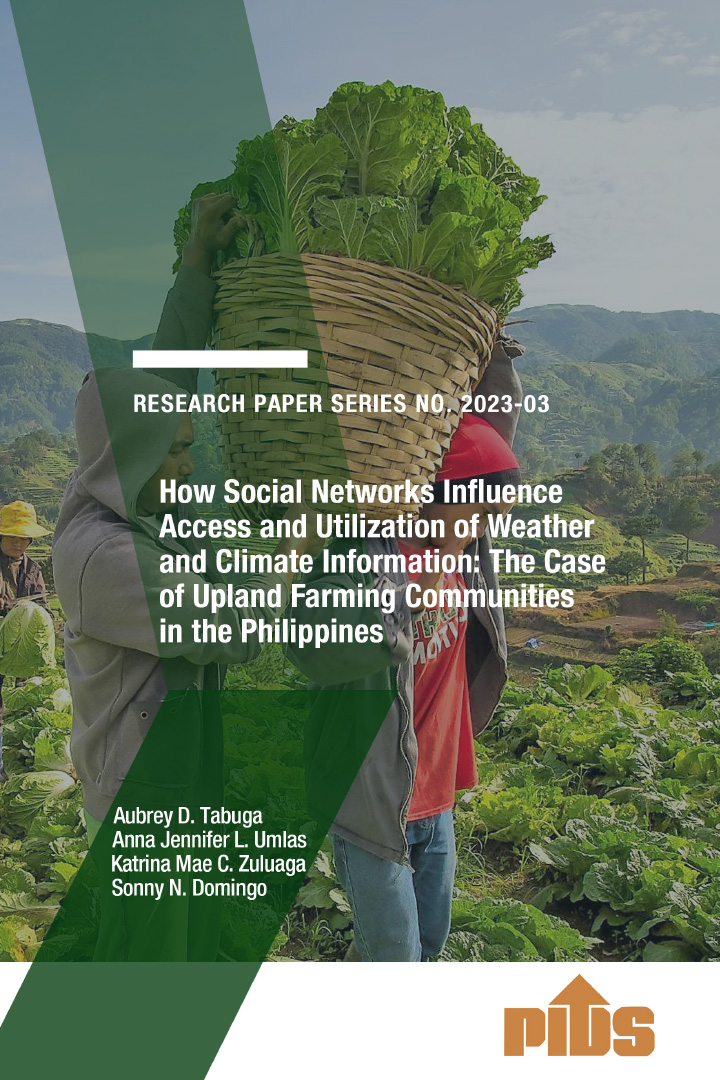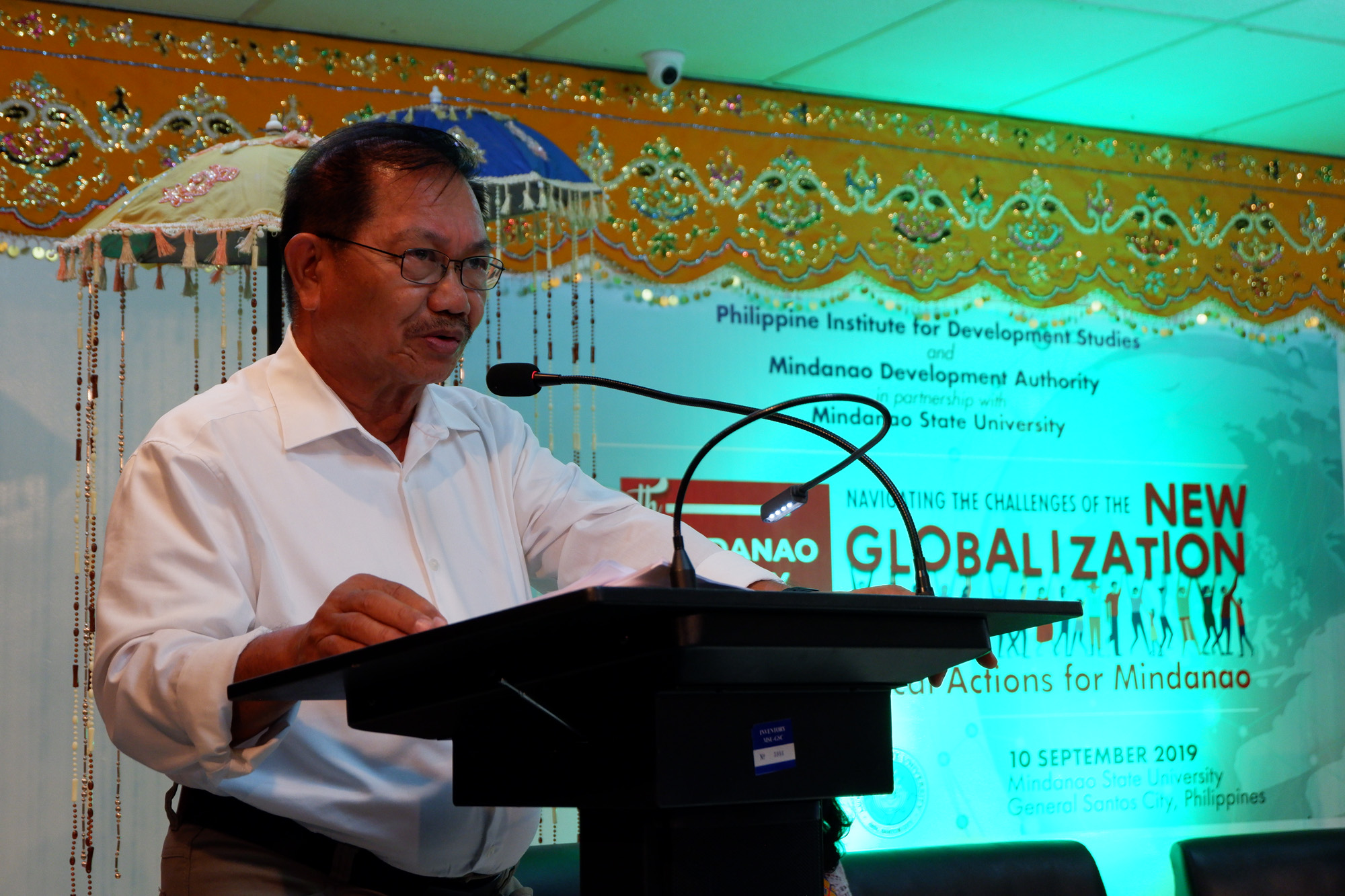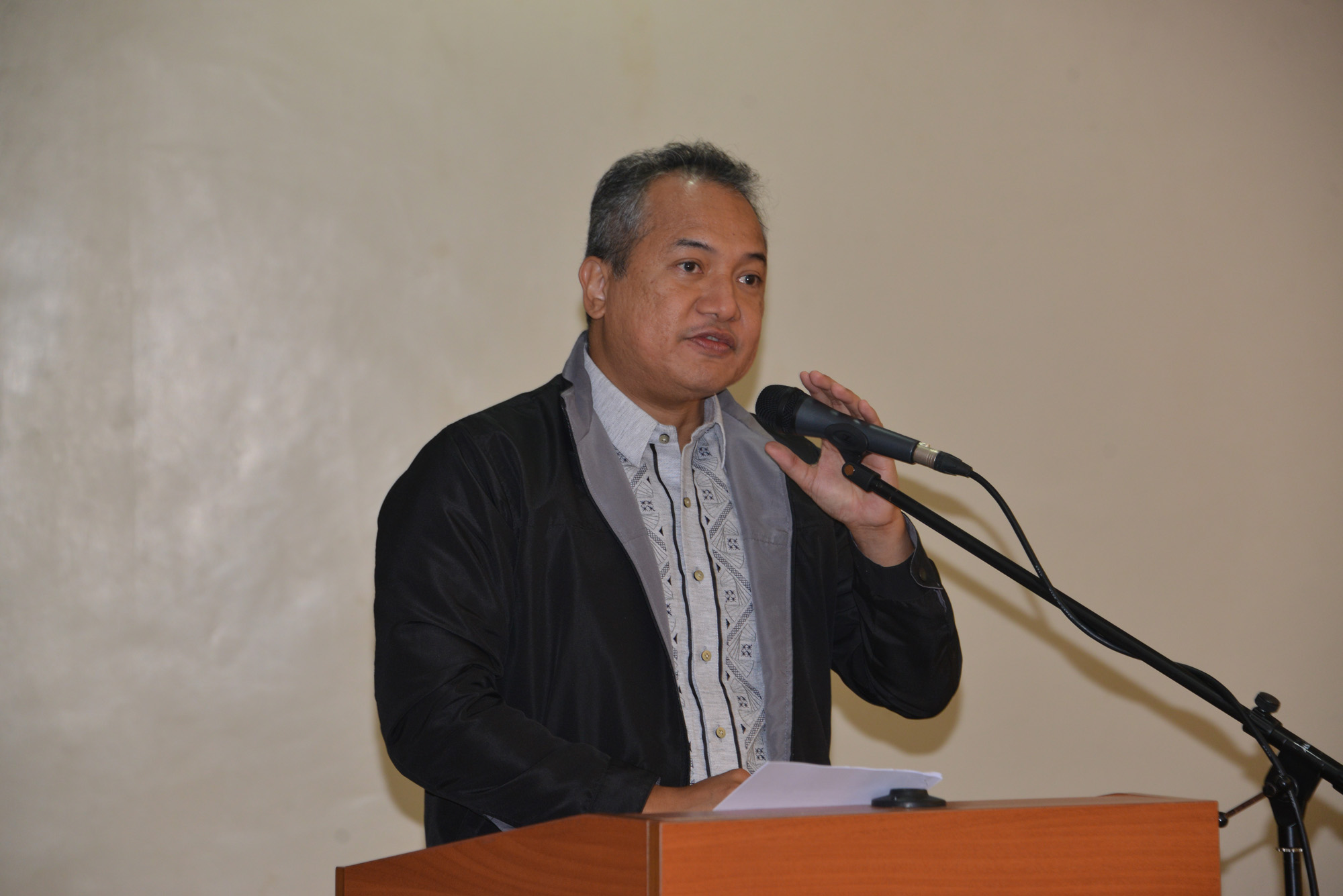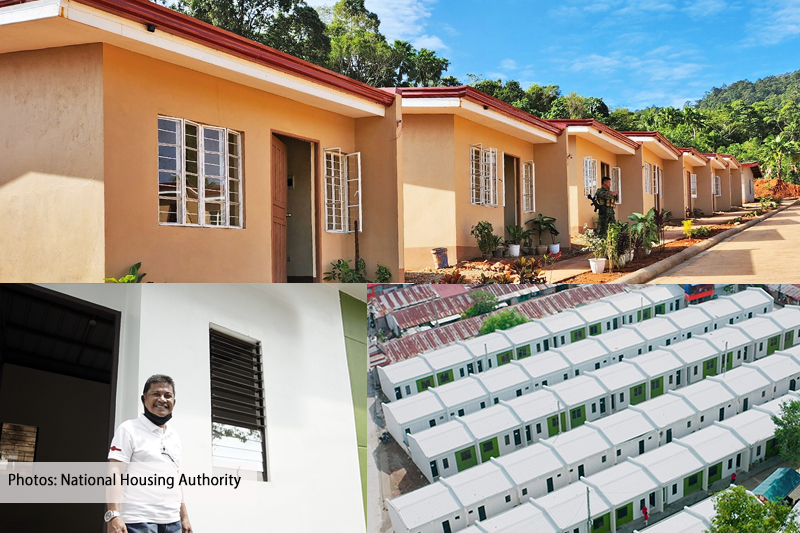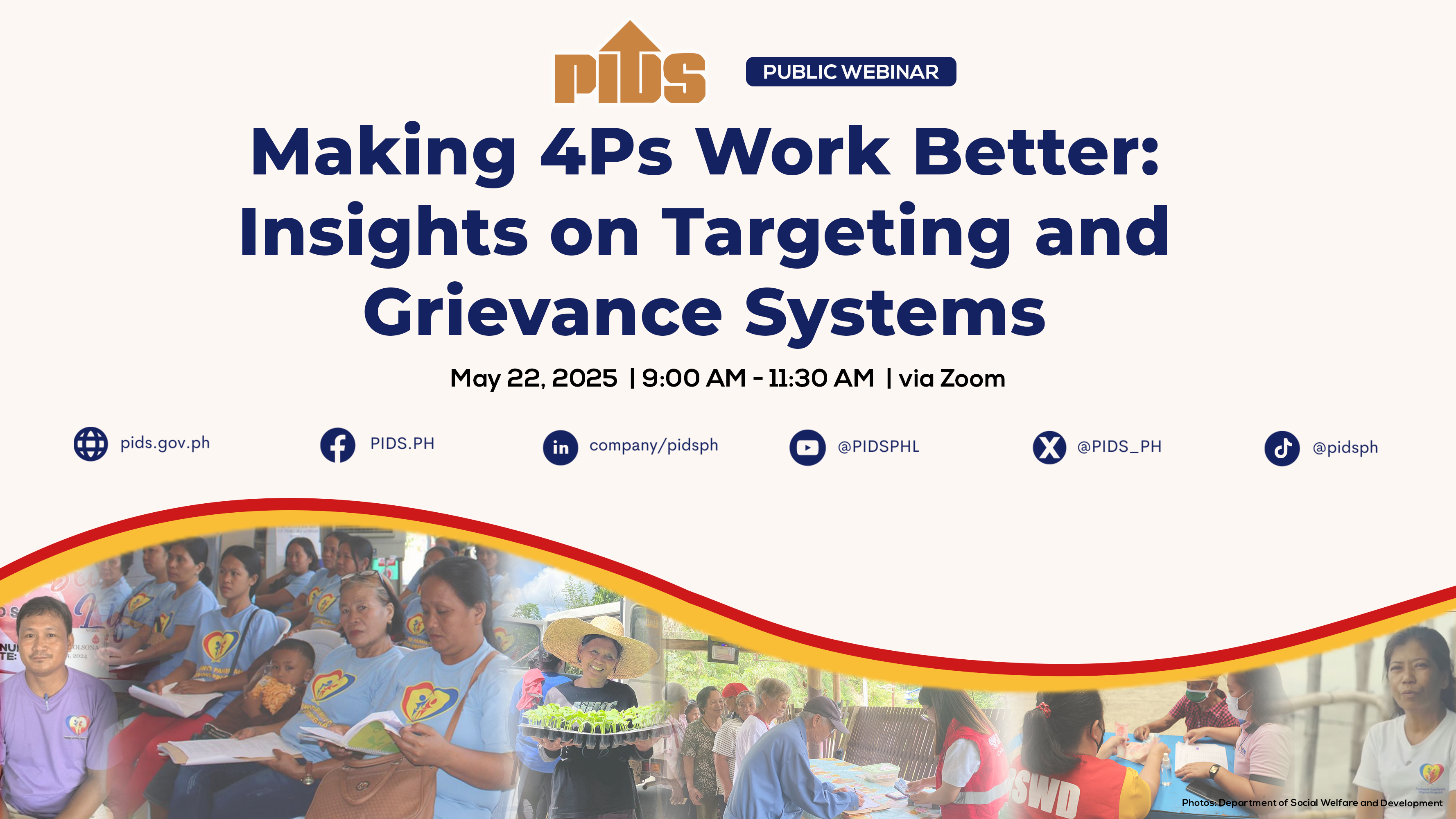Under the World Trade Organization, the Philippines has maintained special treatment for rice, which expires on July 2017. Tariffication will involve greater competition from imports and the decline of domestic paddy prices, thereby reducing income of rice farmers. This study evaluates various payment schemes to serve as safety nets for rice farmers after tariffication. Evaluation considers international experience with such schemes based on cost, efficiency, and coverage of farmers. A decoupled payment scheme linked to above-baseline imports emerges as the most favorable option. Financial viability of the payment scheme is further subjected to scenario analysis using a supply-demand model. Results suggest that significant financial support can be provided to the average rice farmer, with cost below the projected revenues from the rice tariff.
Citations
This publication has been cited 6 times
- Arroyo, Dennis. 2018. . Philippine Daily Inquirer.
- Hananeel Bordey. 2020. . Tribune.net.
- Javier, Emil. 2019. . Manila Bulletin.
- Mendoza, Ronald. 2018. . GMA News.
- Reganit, Jose Cielito. 2018. . PTV News.
- Senate of the Philippines. 2020. . Senate of the Philippines.

